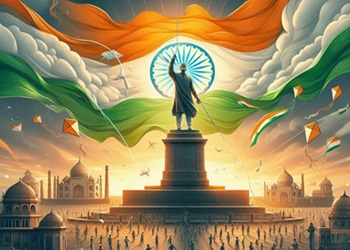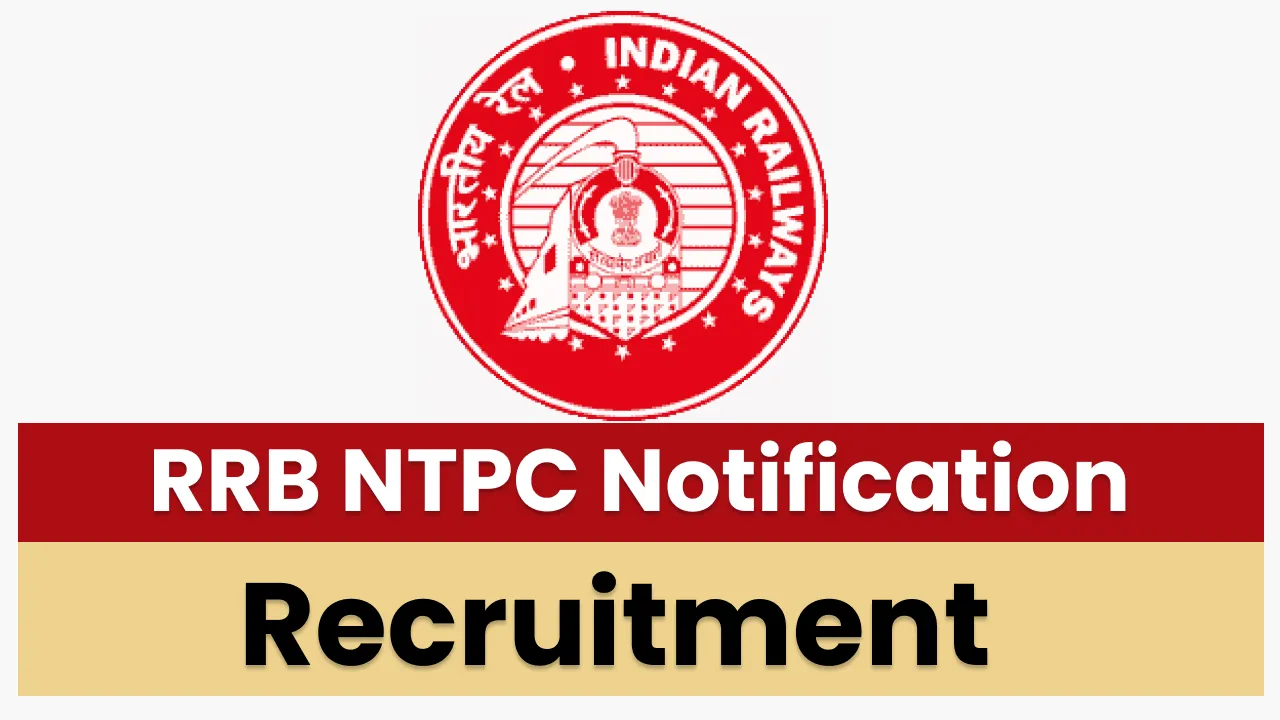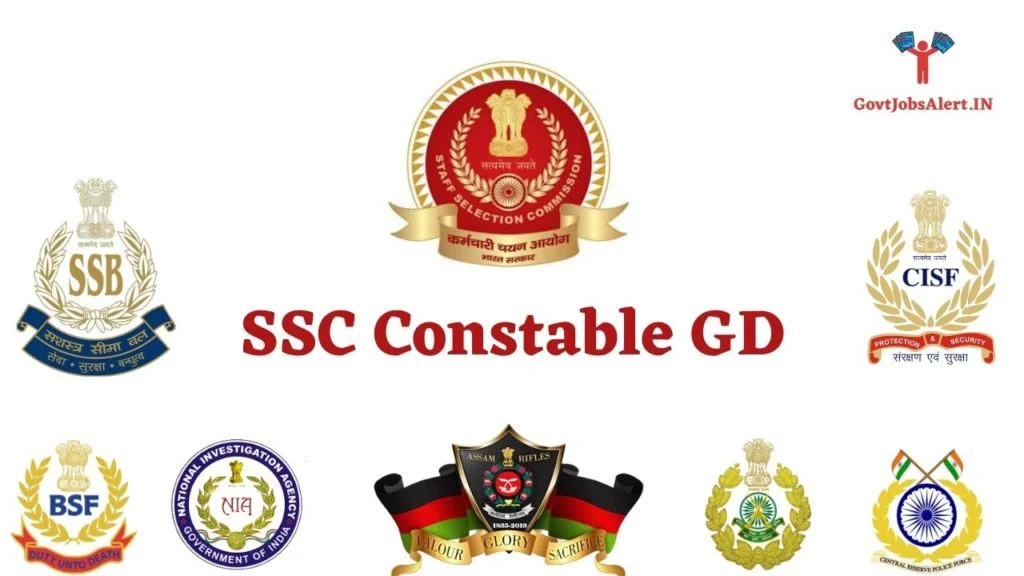
On August 15, 1947, India awoke to a new era, marking the end of nearly two centuries of British colonial rule. This day is etched in history as the moment when India, under the leadership of figures like Mahatma Gandhi, Jawaharlal Nehru, Sardar Vallabhbhai Patel, and countless others, finally attained independence after a long and arduous struggle for freedom.
The Struggle for Independence
India's road to independence was paved with immense sacrifice, perseverance, and determination. The struggle against British rule began in earnest with the 1857 uprising, often referred to as the First War of Independence. Though the rebellion was suppressed, it ignited a spark that would burn brighter over the decades. The Indian National Congress (INC), founded in 1885, became the principal platform for articulating nationalist sentiments and demands for self-rule.
Mahatma Gandhi's entry into the freedom struggle in 1915 marked a significant turning point. His philosophy of non-violent resistance, or Satyagraha, mobilized millions of Indians across the country. Movements like the Non-Cooperation Movement (1920), Civil Disobedience Movement (1930), and the Quit India Movement (1942) further galvanized the masses against British rule. Despite facing brutal repression, Indians from all walks of life continued to demand their right to freedom and self-determination.
Partition and Independence
However, the road to freedom was marred by the tragedy of Partition. The growing divide between Hindus and Muslims, exacerbated by British policies and political differences, culminated in the demand for a separate Muslim state. The Indian National Congress and the Muslim League, led by Muhammad Ali Jinnah, were unable to reach a consensus on power-sharing in a united India. As a result, it was decided that the subcontinent would be divided into two independent nations – India and Pakistan.
The Partition of India led to one of the largest mass migrations in history, with millions of people crossing borders to join their chosen nation. The migration was accompanied by horrific communal violence, resulting in the loss of countless lives and leaving deep scars on both nations.
The Midnight of August 15, 1947
On the midnight of August 14-15, 1947, as the clock struck 12, Jawaharlal Nehru, the first Prime Minister of independent India, delivered his historic "Tryst with Destiny" speech to the Constituent Assembly. He declared:
"Long years ago, we made a tryst with destiny, and now the time comes when we shall redeem our pledge, not wholly or in full measure, but very substantially. At the stroke of the midnight hour, when the world sleeps, India will awake to life and freedom."
These words encapsulated the emotions of a nation that had endured the yoke of colonialism for nearly 200 years and was now ready to shape its own future.
The Aftermath and Legacy
India's independence was both a moment of joy and sorrow. While the nation celebrated its hard-won freedom, it also mourned the loss and pain caused by Partition. The new government faced the colossal task of uniting a country that was deeply divided along religious and regional lines.
Despite the challenges, India embarked on a journey to establish itself as a sovereign, secular, and democratic republic. The framing of the Constitution, completed in 1950, laid the foundation for a democratic polity that guaranteed fundamental rights and freedoms to all its citizens. The vision of leaders like Nehru, who emphasized industrialization, scientific temper, and education, set India on a path of development and modernization.
Conclusion
August 15, 1947, remains a watershed moment in world history. It symbolizes the triumph of the human spirit against oppression and the power of non-violent resistance. As India celebrates its Independence Day each year, it serves as a reminder of the sacrifices made by countless individuals and the responsibilities that come with freedom. It is a day to reflect on the journey so far and to renew the commitment to building a just, equitable, and prosperous nation.
Comments (0)
Categories
Recent posts


RRB NTPC CEN 06/2024 Recruitment ...
9 Oct 2024
The Dawn of Freedom: August 15, 1947
17 Aug 2024
Railway RRB Non Technical Popular ...
6 Oct 2024



